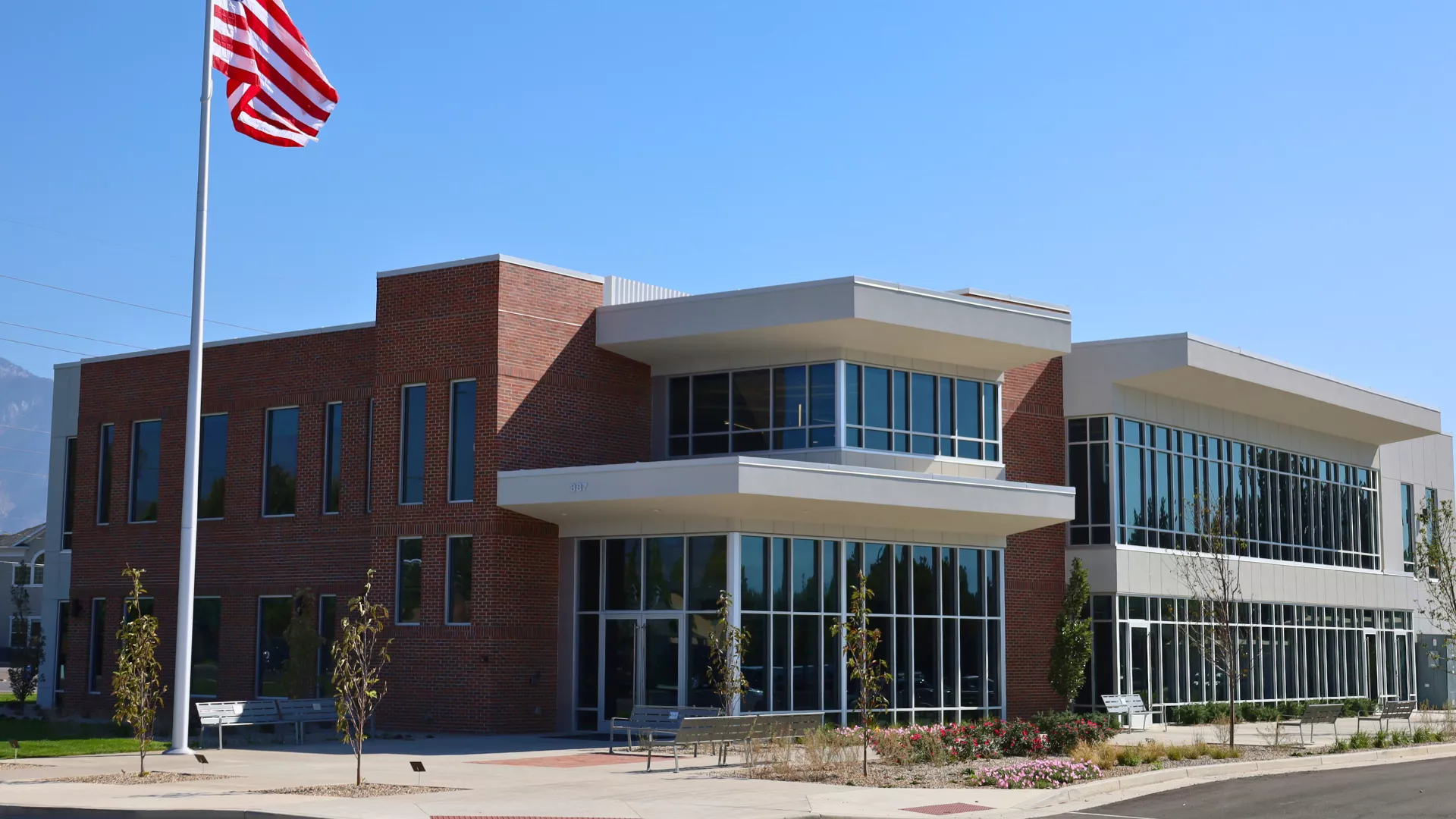UEA Standing Committees
These groups are accountable for fulfilling the duties outlined in the UEA Bylaws and any additional responsibilities specified by the Board of Directors.

Indicates Required
Validate your UEA membership to create an account and access members-only content.
Use the same first and last name as your UEA membership.
Indicates Required
Log in to access content only available to UEA members.